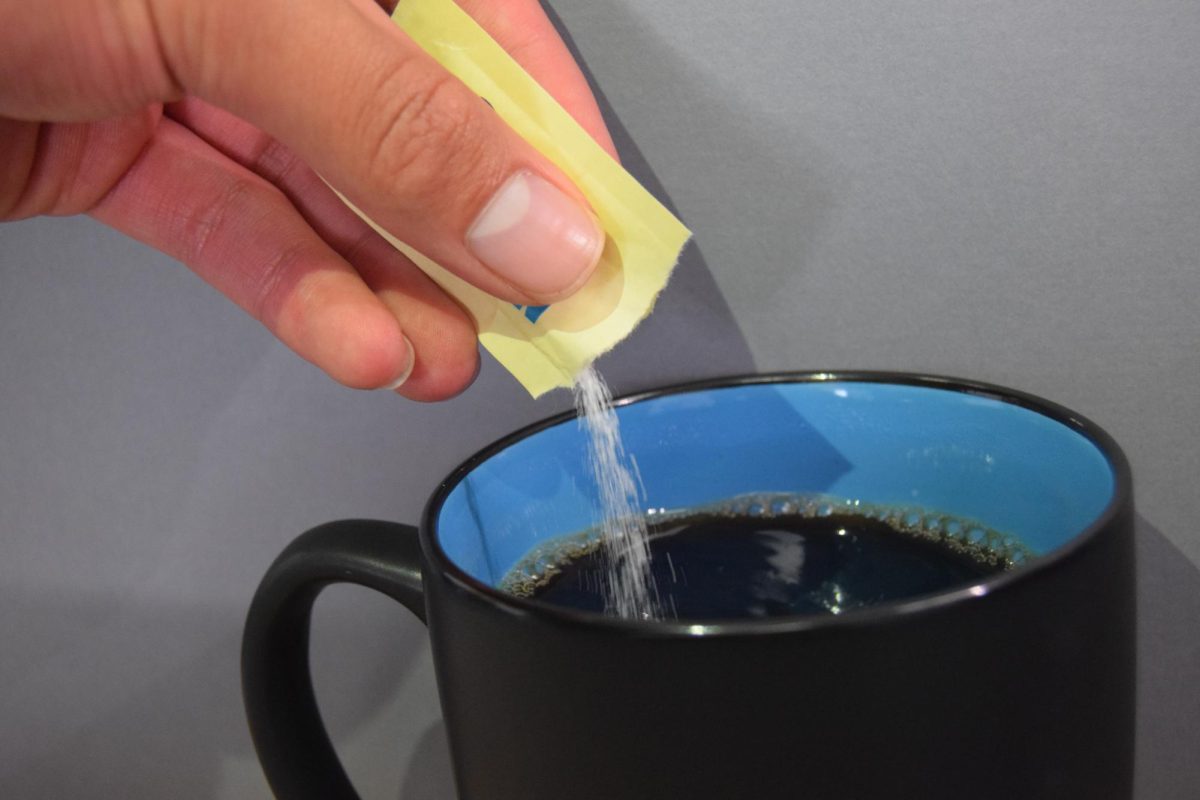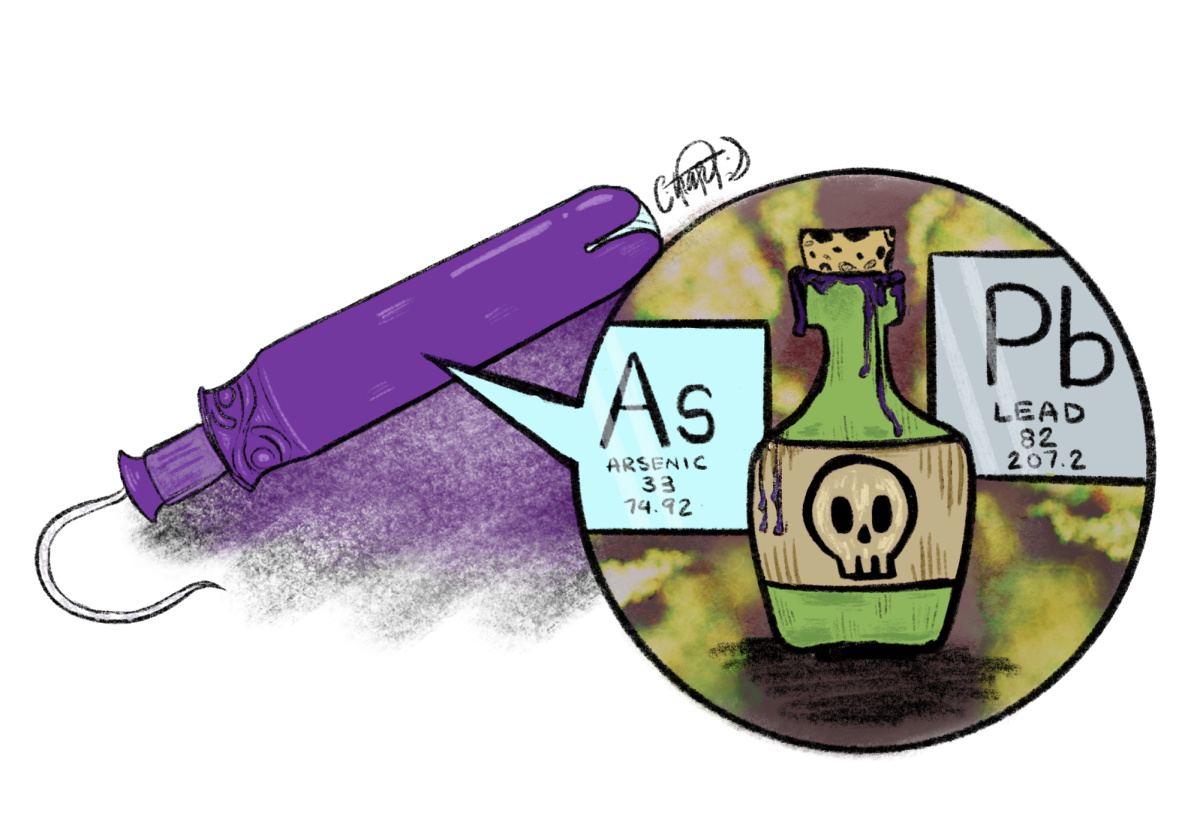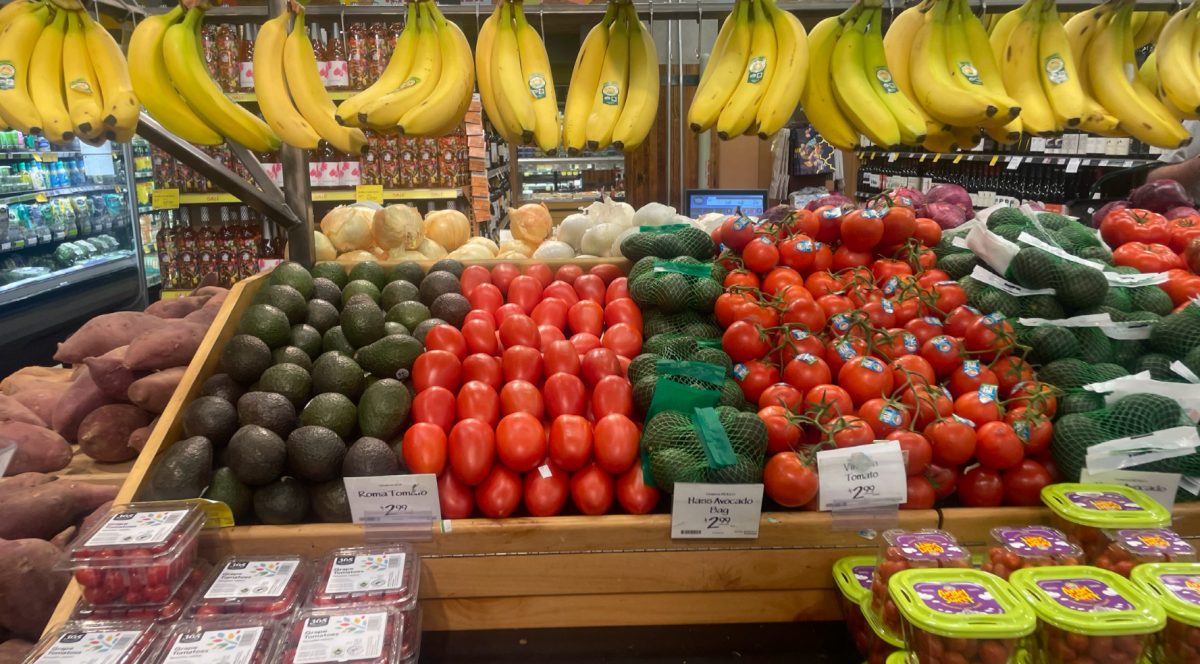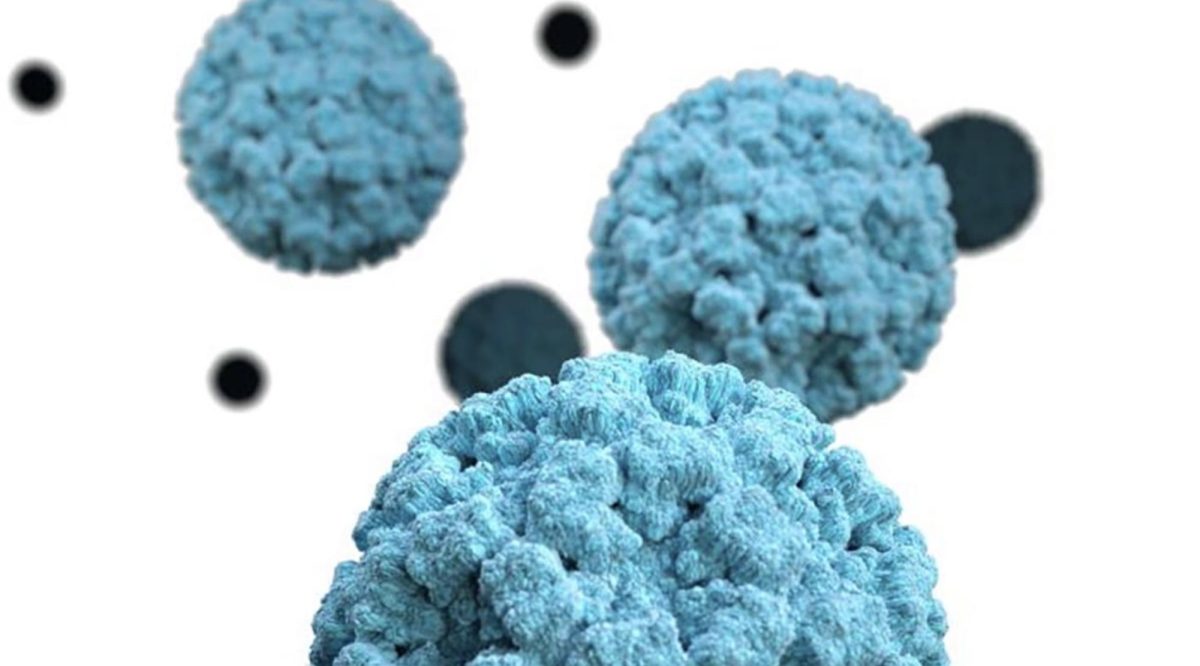Gum, diet sodas, sugar substitutes, cereal, sweet teas, syrup, jello, and most likely your favorite candy. What do they all have in common? They contain aspartame, a sugar substitute that is nearly 200 times sweeter than sugar.
Every year, more than 6,000 products in the US from a variety of companies are distributed containing aspartame. The reason why it is so widely used and advertised as low or zero calories is that “it isn’t able to be broken down by the body, which means we don’t derive any caloric energy from it,” said Biology teacher Colleen O’Rourke.
Due to this widespread use of aspartame, both the Food and Drug Administration (FDA) and the World Health Organization (WHO) launched investigations into aspartame and its health effects.
The WHO launched two separate investigations into the effects of aspartame on the body and the safety of its consumption. The first group was the Joint Expert Committee on Food Additives (JECFA), which concluded with limited evidence that aspartame was safe to the amount of 40 mg per 2.2 lb of body weight daily. The FDA’s recommended level is slightly higher, at a level of 50 mg per 2.2 lb of body weight daily.
The second study from the WHO by the International Agency for Research on Cancer (IARC) concluded that aspartame was a class 2b carcinogen (possibly cancer-causing), the third highest class of carcinogen. For reference, a class 1 carcinogen (cancer-causing) would be tobacco smoke and a class 2a carcinogen (probably cancer-causing) would be steroids or red meat. After the IARC released this report, American Beverage, the industry trade group, responded noting that the IARC, “is not a food safety agency.”
Surprisingly, the IARC received lash back for releasing this report. According to NBC, another agency, the Calorie Control Council, referred to anything in opposition to the JECFA as “fearmongering” and “misleading” for those who use aspartame and other sweeteners due to diabetes or other health conditions.
Even if you don’t have a health condition, it is “Definitely something to think about,” said Luis Gomez ’24, “I’ll probably pay more attention the next time I’m buying food.”
In the end, there are many sides and reasons for using aspartame or not, but using caution is always the best option.







